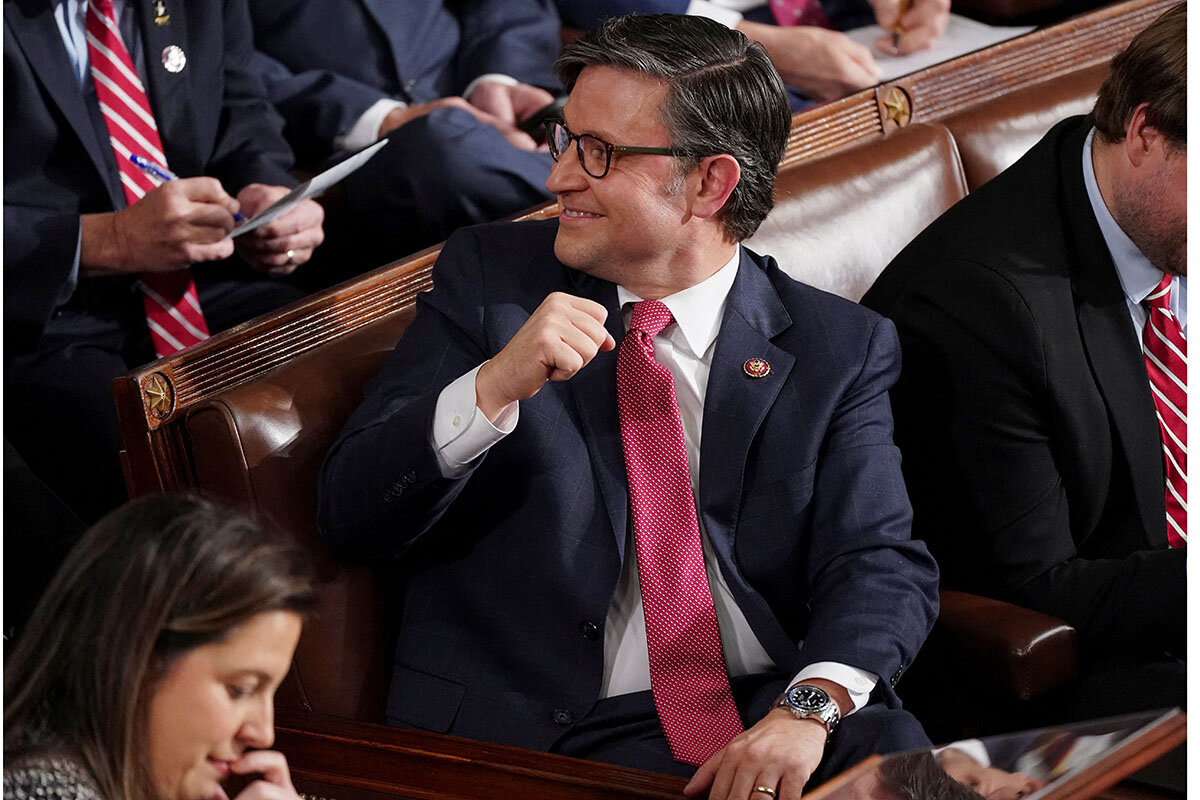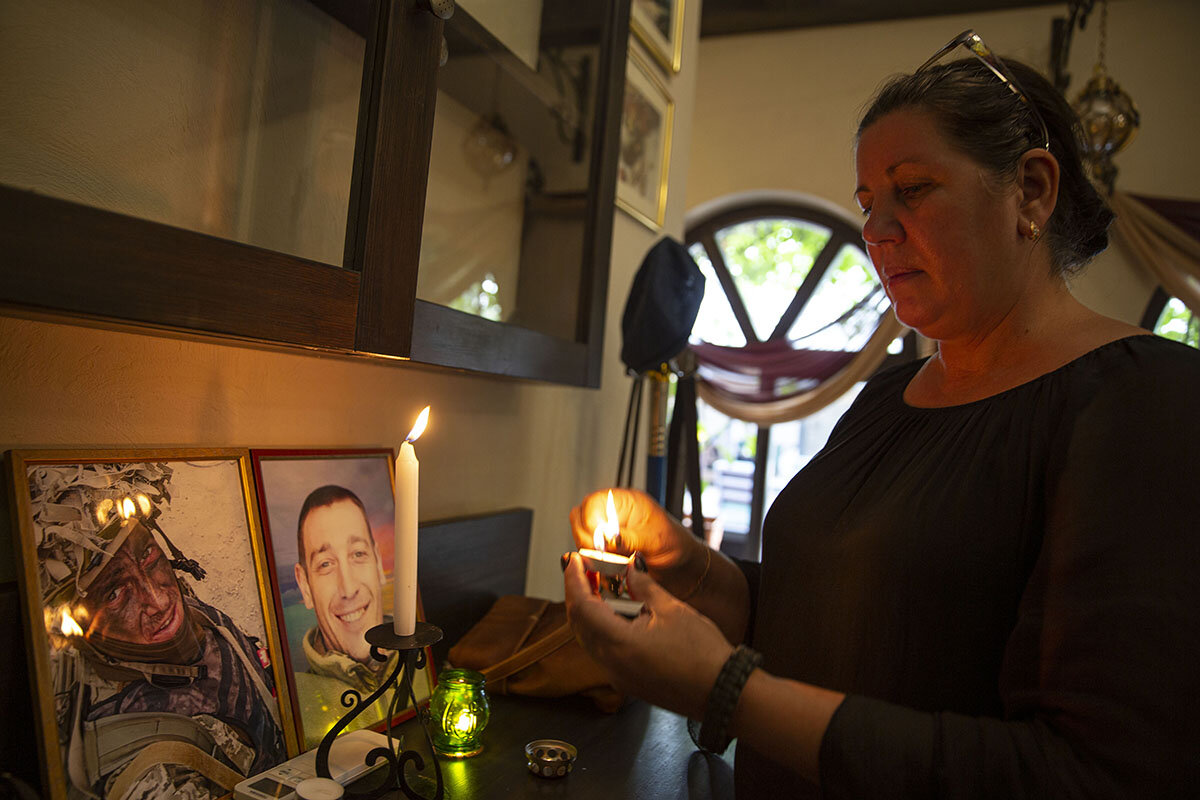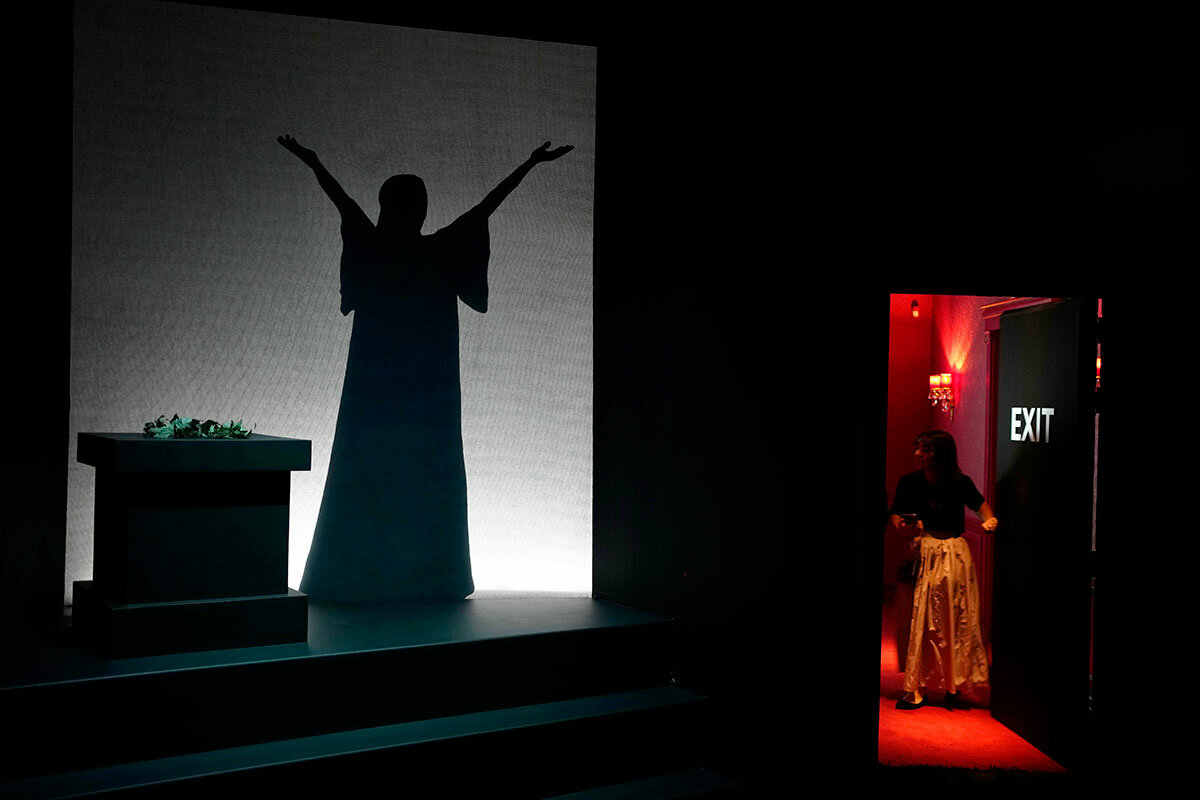After a historic impasse, House Republicans Wednesday selected a new speaker, Mike Johnson of Louisiana. He is inexperienced in leadership and faces divisive and difficult issues – but he has the unanimous backing of his GOP colleagues.
Monitor Daily Podcast
- Follow us:
- Apple Podcasts
- Spotify
- RSS Feed
- Download
 Ira Porter
Ira Porter
In the midst of a war between Israel and Hamas, American universities are witnessing extreme words and actions on campus – sometimes escalating into violence. At Columbia University, an Israeli student was beaten with a stick for hanging pro-Israel posters. At Harvard, pro-Palestinian students who wrote a social post were doxxed, which threatened their safety.
College students, faculty, and administrators have opinions on many hot-button issues, of course, and there are always disagreements. Debates over free speech are in high gear. But the highlight of studying at university is discovering new ideas, opening your mind to different ways of thinking – and learning how to communicate complex and competing views effectively. That can include protests and bullhorns. But it can also include sincere conversations that may not yield agreement, but at least demonstrate an ability to listen to one another.
As the Monitor’s higher education reporter, I have seen colleges trying to bridge the gap. Fordham University’s department of campus ministry, for example, organized an interfaith prayer service to bring different religious groups together. Manhattan College’s Interfaith Education Center did something similar. In lecture halls and online, universities are deploying professors to explain the complex history of the conflict to community members, giving them better tools to work with as they grapple with what’s happening.
In the coming weeks and months, the hope is that there will be more of this. College is where people go to figure things out, where some find their voice. These attempts at bridging the gap at universities show that students of different backgrounds and viewpoints can still be friends and see the humanity in each other. As more schools show up and prove that they can be thought leaders and facilitators of beneficial conversations, the true value of higher education will be on display.











